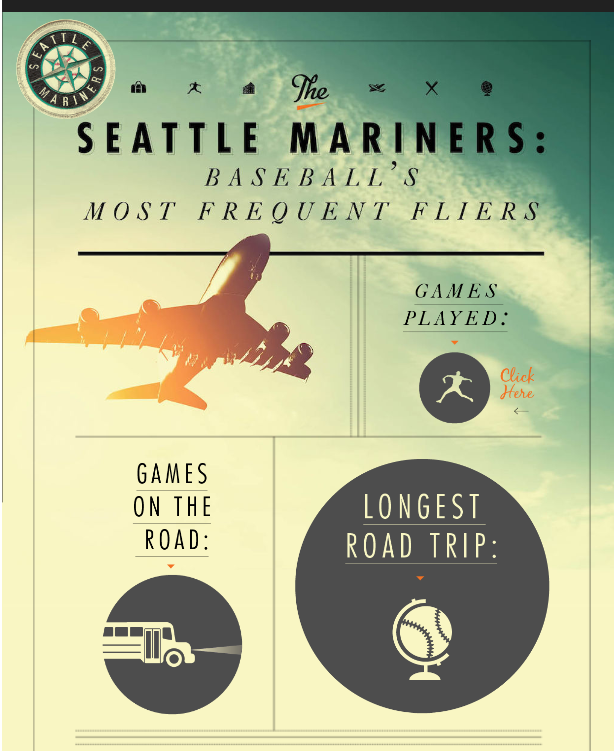HP Matter: How wearable technology is helping one team overcome its biggest travel health nightmare
The Seattle Mariners traveled 51,634 miles during this year’s regular season, the most in the major leagues and the equivalent of flying around the earth twice.
With all that travel time, the Mariners must take care of their most important assets—their players—by combating a problem that every C-suite traveler knows all too well: fatigue.
Seattle recently began using a state-of-the-art piece of wearable technology known as the Readiband to provide a personalized answer. The wearable wrist device is made by Fatigue Science…”
Read more on HP Matter





